Blog – The Arctic Council Ministerial could have been worse
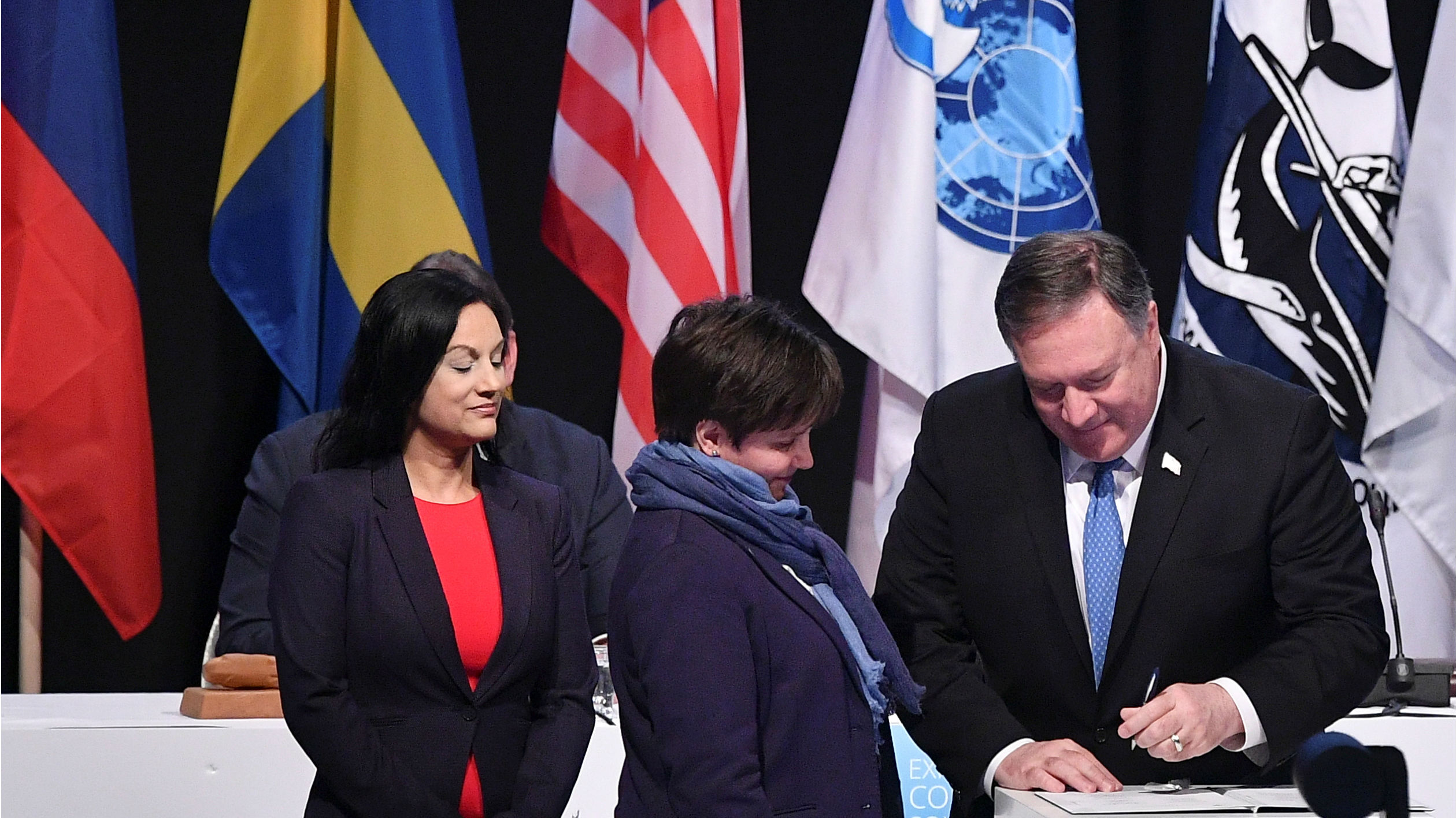
“The result could have been much worse.”
So pronounced Finnish Foreign Minister Timo Soini at the press conference following the 11th Arctic Council Ministerial on Tuesday. It could have been worse. Which is also to say, it could have been much better.
Diplomats salvaged what they could in Rovaniemi after American refusal to entertain the term “climate change” sunk the Arctic Council’s traditional Ministerial Declaration. But the 11th Ministerial will forever be marked by an asterisk. Here are my reflections on what happened in Rovaniemi and what it all means for the Arctic going forward.
What’s in a name
There were hints that there was trouble. Over the past few weeks there had been growing concerns that the USA was not willing to play ball in the negotiations for drafting the Rovaniemi Declaration. Unusually, these concerns were being aired publicly in what looked like a coordinated effort to apply pressure on the Americans. But we had seen this all before, and in Alaska the Ministers had been able to agree on language in the eleventh hour to produce the Fairbanks Declaration in 2017. Surely they would find a solution this time around too.
And then Finnish Foreign Minister Timo Soini began the 11th Ministerial meeting by announcing a change to the Agenda: instead of signing a Rovaniemi “Declaration”, the agenda would read “Ministerial Statements”. As one reporter noted, jaws literally dropped.
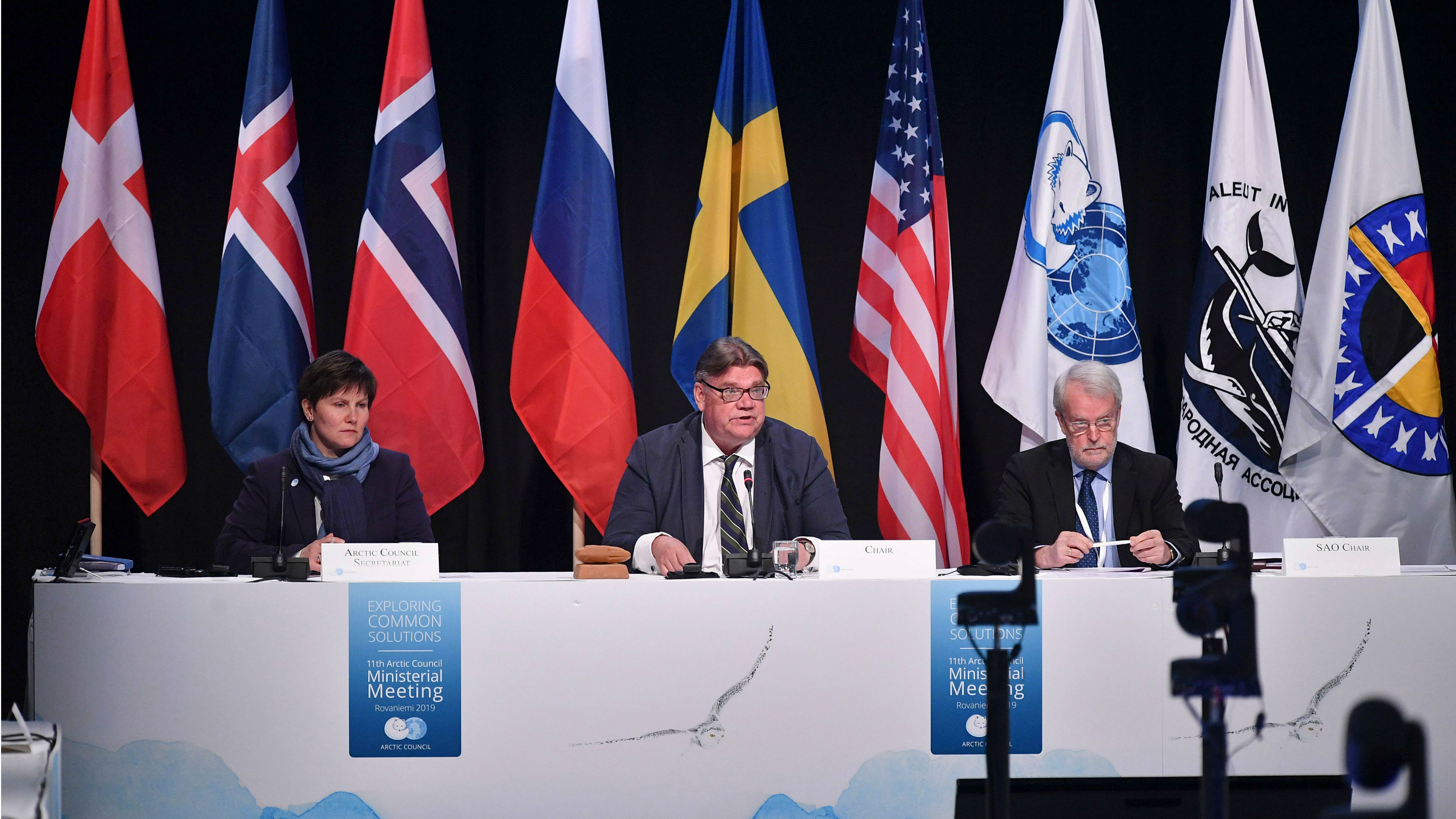
It is a small thing – the reluctance of a handful of people to name the changes being felt in the Arctic more rapidly and more significantly than almost anywhere else from anthropogenic global warming for what they are – yet it is still shocking.
All the more so because climate change has featured in every Ministerial Declaration since the Arctic Council was established in 1996. It was during George W. Bush’s Administration that the Arctic Climate Impact Assessment was released at the 2004 Reykjavik Ministerial in Iceland, a time when the political consensus on climate change was much weaker. And the discussions in Fairbanks, Alaska with Secretary of State Rex Tillerson were not about whether the term ‘climate change’ would be used, but rather around the reference to the Paris Agreement to reduce emissions of greenhouse gases.
Climate change has become a central, indeed dominant, theme in the Arctic Council since 1996. It would be as though the USA forbade the International Maritime Organization from using the word “shipping” in its statements.
Consider the absurdity that the last serious organization in the world to question the reality of climate change is not the oil industry, or insurance companies, or chambers of commerce, or militaries, but the U.S. State Department in 2019.
A clever solution
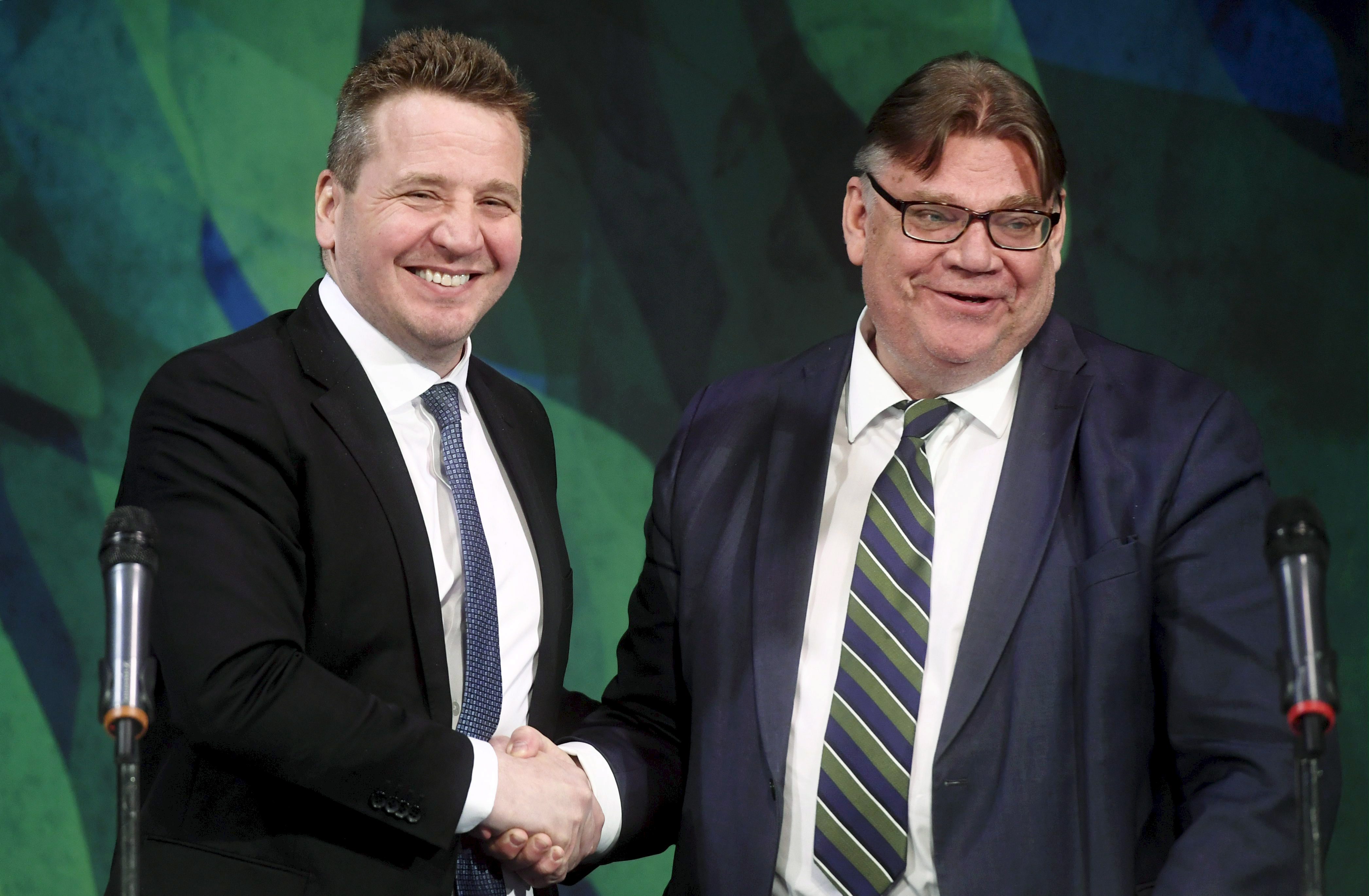
For the first time in the Council’s history, no Ministerial Declaration was produced. There’s no other way to spin it: this is a huge disappointment. But for those seeking a silver lining, let it be that seven Arctic states and six Permanent Participants refused to compromise, in the name of political expediency, on the simple fact that climate change is real and is affecting the people, the wildlife, and the geography of the Arctic. The Arctic Council has uncompromisable principles. Not everyone does.
The solution to the problem of no Declaration was resolved rather cleverly. What would have been the text of the Declaration has now been published as the Chair’s Statement. It retains the contentious paragraphs referencing climate change with the caveat “a majority of us” in the place of “we”. (Let us academics agree that in the future when we analyze Arctic Council Declarations we will use the 2019 Chair’s Statement as our proxy). And rather than walk away with nothing, the eight states put forward a “Joint Ministerial Statement”. It is short, but crucially reaffirms the states’ “commitment to maintain peace, stability and constructive cooperation in the Arctic.” Trust me when I say, that is not nothing.
Pompeo and circumstance
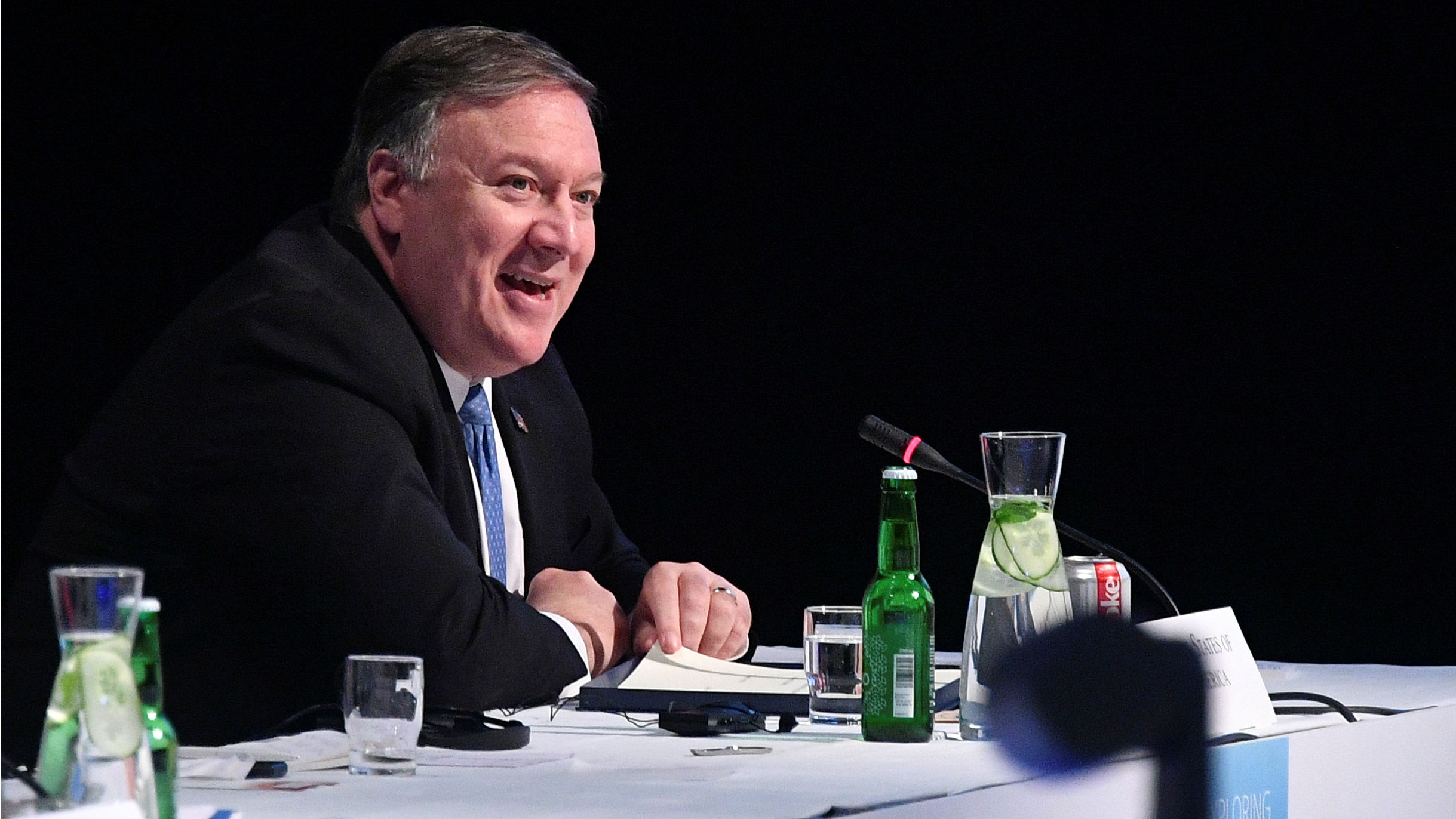
There is a tiny, little part of me that almost respects US Secretary of State Mike Pompeo for holding his ground so steadfastly. He showed up to Rovaniemi knowing that he would be the odd man out, the spoiler, the interloper. Yet he still showed up.
His prepared remarks, both during the Ministerial and in his speech on US Arctic policy the day before, were needlessly antagonistic and provocative. Yet you will be hard pressed to find a photo of him in Finland without a gregarious smile on his face. His perseverance in avoiding the term climate change could be admirable were it not so scientifically and morally wrong.
In retrospect, you have to hand it the Finns. They have, uniquely, ingratiated themselves to both Trump and Putin in such a way that both USA and Russia felt welcomed to the 11th Ministerial and sent their top diplomats. I may have thought the Helsinki Summit in July 2018 was a poor idea, but it was still an impressive diplomatic achievement.
Finland’s good relationship with the Trump Administration, and its decision to pair the celebration of 100 years of diplomatic relationships between the two countries, ensured the US Secretary of State would attend the Ministerial. Given Pompeo cancelled his trips to Berlin and Greenland this week, that can’t be overlooked as an accomplishment. For all the damage Pompeo caused, I sincerely believe the Arctic Council is better for the attendance of all eight Foreign Ministers in Rovaniemi.
The real work of the Arctic Council
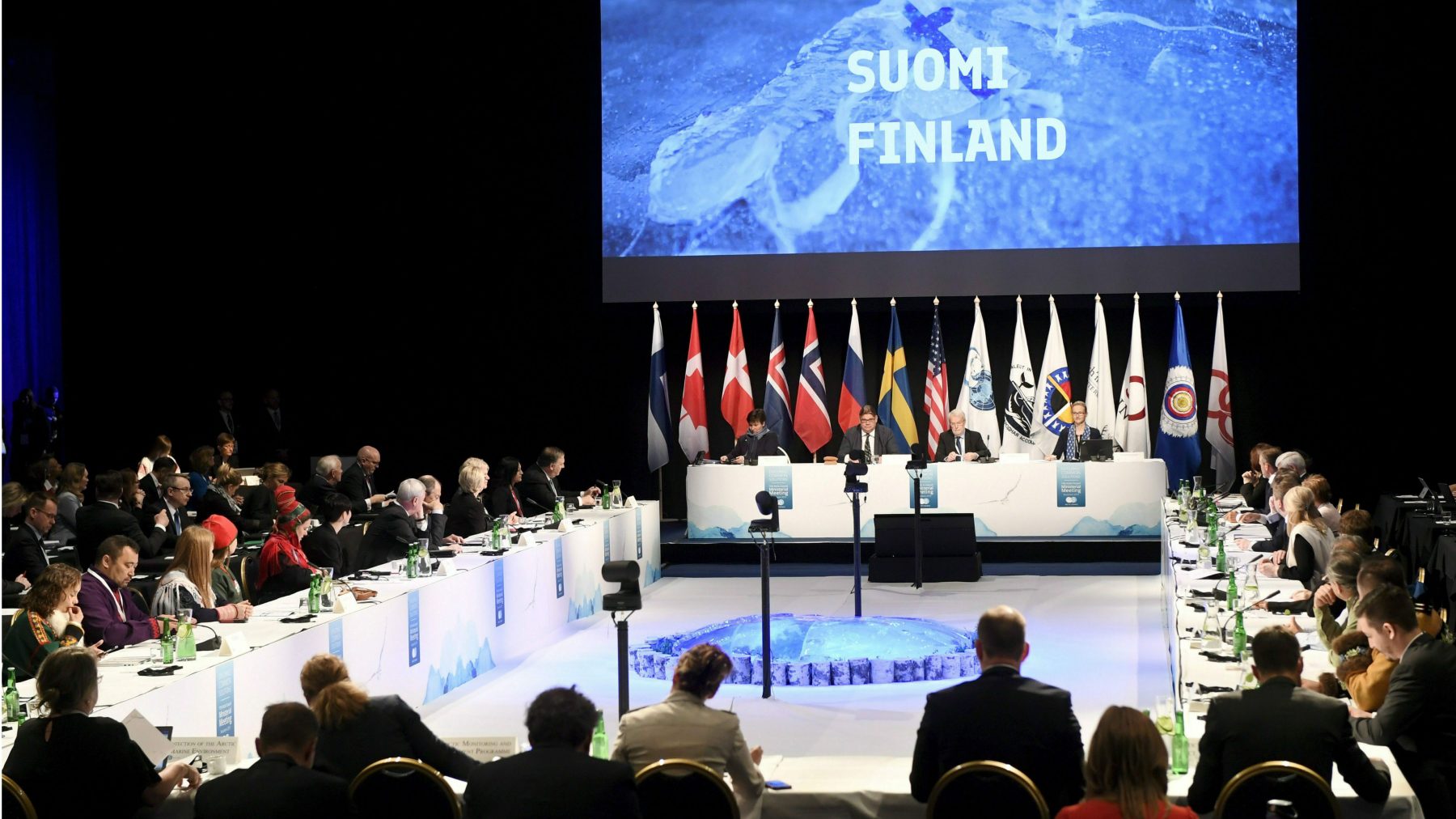
It’s easy to forget that real people work very hard on the preparation and deliverables for events such as this Ministerial; indeed many of them have dedicated their life’s work to scientific and political endeavours that address sustainable development and environmental protection in the Arctic. It is a shame that their work this week was overshadowed by politics, although that is the nature of the beast. I encourage you to take the time to read through the SAO’s Report to Ministers to see the impressive body of work that has been accomplished in the past two years.
Iceland has announced it will focus its Chairmanship program on the following theme: Together Towards a Sustainable Arctic, with priorities including the Arctic Marine Environment, Climate and Green Energy Solutions, People and Communities of the Arctic, and a Stronger Arctic Council. Einar Gunnarsson, who has been serving as Iceland’s SAO, now becomes Chair of the Senior Arctic Officials.
A resilient organization
Some observers are using the lack of a Declaration to argue that the Arctic Council is at a low point: politicized, embroiled in international tensions, unable to make progress on climate change mitigation.
If you believe this situation is unique, then you have forgotten all the other times people despaired over these exact same issues, not least in Fairbanks, Alaska in 2017, when drama ensued over the lack of reference to the Paris Agreement; and in Iqaluit, Canada in 2015 when Russia’s Foreign Minister Sergey Lavrov did not attend the meeting due to Canadian criticism of its invasion of Crimea. The Ministers wouldn’t even take a photo together in Iqaluit.
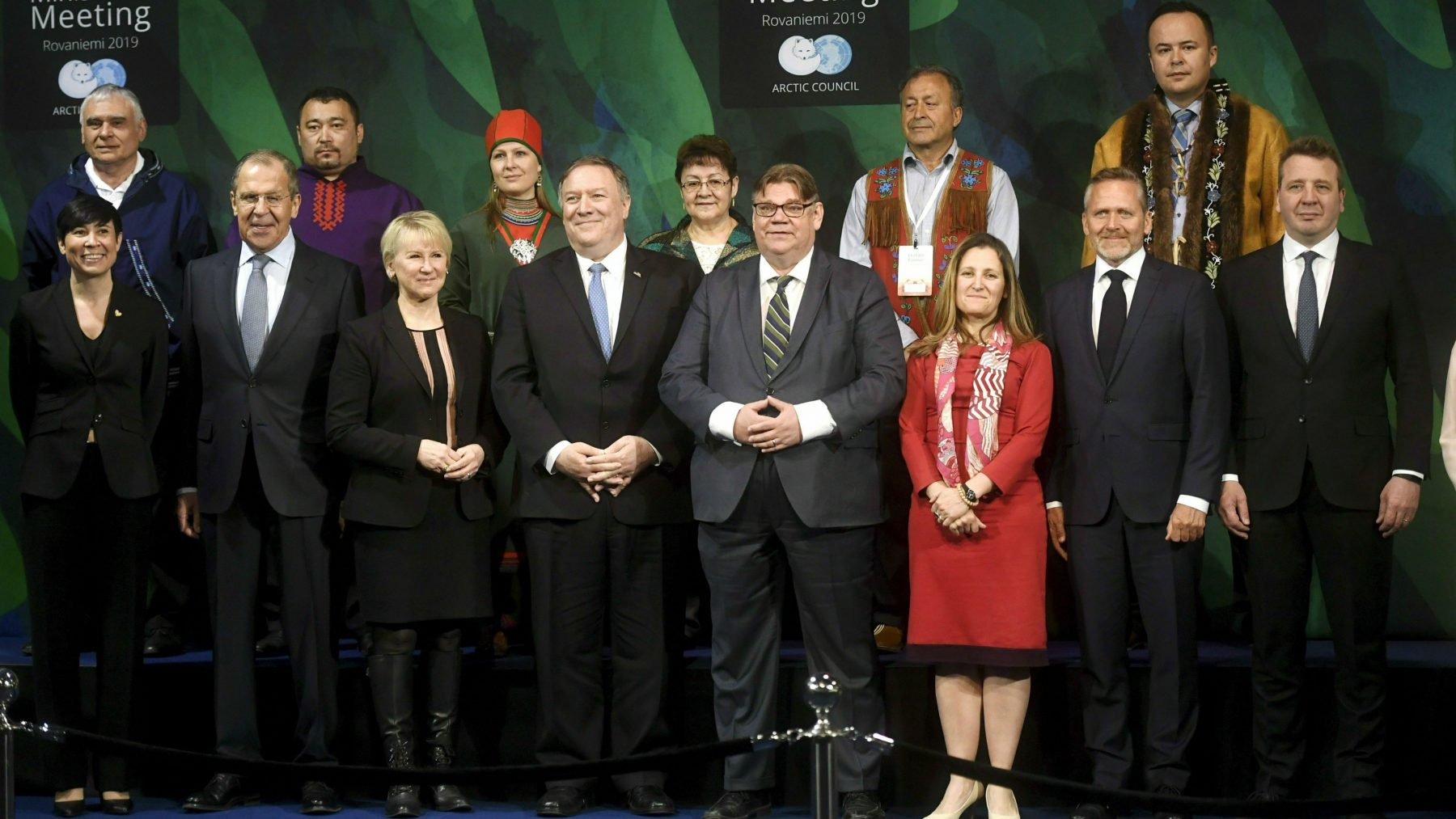
The fact that so many people think the Arctic Council has sailed smoothly until this week tells you just how resilient it really is. I predict that the Arctic Council will carry on very much as it has before. A failed Declaration is not the hill it will die on.
The Arctic Council is a consensus-based organization. It will always struggle in the presence of conservative governments who take a dim view of multilateral organizations. Harper was bad, and Trump is worse. God knows who will one day replace Lavrov.
The Arctic Council has not and cannot become dependent on the Ministerials for validation of its work. It is, reflecting the northern and Indigenous cultures which have so influenced it, relatively decentralized and non-hierarchical. That characteristic served it well this week.
But let me offer a word of advice: there will one day be a window, whether it is in Iceland or further down the line, when the stars align and the eight Arctic states are all represented by sympathetic ministers. Be prepared to aggressively push through the political changes the Council needs to evolve and thrive when that day comes. They have become few and far between.
Related stories from around the North:
Canada: U.S. stuns audience by tongue-lashing China, Russia on eve of Arctic Council ministerial, Eye on the Arctic
Finland: Inuit from Alaska, Canada, Greenland & Russia condemn U.S. torpedoing of Arctic Council declaration, Eye on the Arctic
Iceland: Environmental groups call for action on black carbon pollution, Eye on the Arctic
Norway: Temperatures on Svalbard have been above normal for 100 straight months, The Independent Barents Observer
Russia: Russia, China step up talks over Arctic shipping, The Independent Barents Observer
Sweden: Nordic leaders stand united as they sit with Putin in Russia, The Independent Barents Observer
United States: U.S. stonewalling on climate language scuttles Arctic Council declaration, Eye on the Arctic



